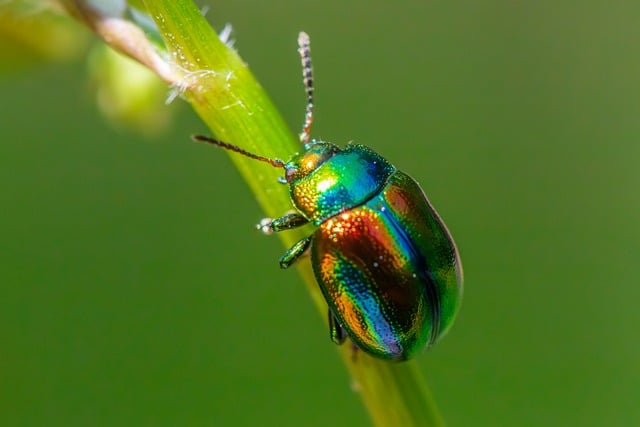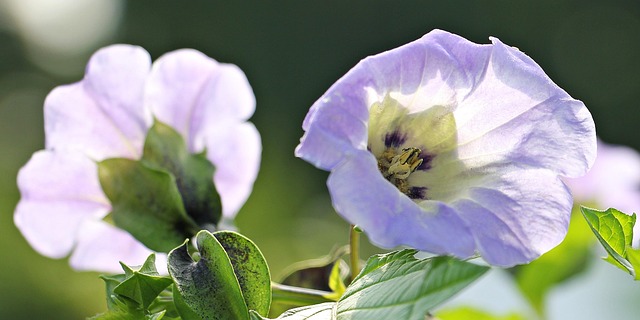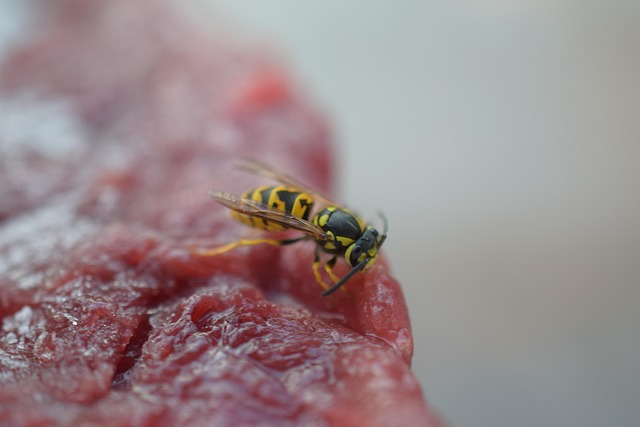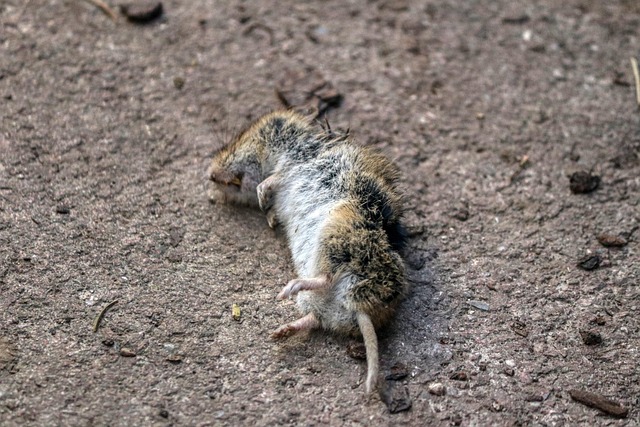Castle Rock vegetable gardeners can adopt Integrated Pest Management (IPM) for sustainable, eco-friendly pest control. IPM's three pillars—prevention, monitoring, and targeted interventions—include strategies like strategic garden design, regular inspections, beneficial insects, crop rotation, least toxic methods, organic fertilizers, proper hygiene, and selecting optimal pesticide times. These practices protect local ecosystems while maintaining garden health and productivity, making IPM the preferred method for sustainable pest management in Castle Rock's vegetable gardens.
Integrated Pest Management (IPM) offers a sustainable approach to pest control, especially for vegetable gardeners in Castle Rock. This holistic strategy focuses on minimizing the reliance on chemicals by utilizing natural predators, cultural controls, and plant resistance. By understanding IPM basics, gardeners can implement effective strategies to prevent and manage pests. Discover eco-friendly practices tailored for Castle Rock’s vegetable gardens, ensuring a bountiful harvest while preserving the environment.
- Understanding Integrated Pest Management (IPM) Basics
- Sustainable Practices for Vegetable Gardeners in Castle Rock
- Effective IPM Strategies to Prevent and Control Pests
Understanding Integrated Pest Management (IPM) Basics

Integrated Pest Management (IPM) is an eco-friendly, sustainable approach to pest control that focuses on minimizing the use of harmful chemicals and promoting natural solutions for vegetable gardens in Castle Rock and beyond. It involves a holistic understanding of pests, their behavior, and their interaction with the environment. By adopting IPM principles, gardeners can effectively manage pests while preserving the ecological balance.
The basics of IPM revolve around prevention, monitoring, and targeted interventions. Prevention strategies include creating an unwelcoming environment for pests through proper garden design and maintenance practices. Regular monitoring involves inspecting plants for signs of pest activity to identify issues early on. Targeted interventions focus on using the least toxic methods, such as biological controls (beneficial insects), cultural controls (rotation of crops), or physical barriers, to manage pest populations humanely and responsibly. This approach ensures that vegetable gardens in Castle Rock thrive while preserving the health of local ecosystems.
Sustainable Practices for Vegetable Gardeners in Castle Rock

Vegetable gardeners in Castle Rock can embrace sustainable pest management practices that protect their crops without resorting to harmful chemicals. Integrated Pest Management (IPM) offers a holistic approach, focusing on prevention, monitoring, and targeted control strategies. By cultivating diverse plant varieties, practicing crop rotation, and employing natural predators like beneficial insects, gardeners can create an environment that discourages pests naturally.
Additionally, using organic fertilizers and maintaining proper garden hygiene—such as removing fallen leaves and cleaning tools between uses—can significantly reduce pest populations. When necessary, selectivity is key; choosing the least toxic pesticides and applying them at the most effective times minimizes environmental impact while effectively controlling garden pests. These sustainable practices not only protect local ecosystems but also ensure the continued health and productivity of vegetable gardens in Castle Rock.
Effective IPM Strategies to Prevent and Control Pests

In sustainable pest management for vegetable gardens in Castle Rock, Integrated Pest Management (IPM) strategies are both eco-friendly and highly effective. The first layer of defense involves using good garden hygiene to prevent pests from thriving. This includes regular weeding, cleaning up organic debris at the end of the growing season, and ensuring proper air circulation among plants.
Additionally, cultural controls such as crop rotation, companion planting, and handpicking can significantly reduce pest populations. For instances, rotating crops disrupts the lifecycle of many insects while companion plants like marigolds and basil naturally deter pests. In cases where chemical interventions are necessary, IPM emphasizes the use of least toxic options, targeting specific pests while minimizing harm to beneficial insects, birds, and other wildlife.
Integrated Pest Management (IPM) offers a sustainable approach to controlling pests in vegetable gardens, ensuring both environmental and economic benefits for Castle Rock gardeners. By implementing these strategies, from crop rotation to biological controls, the community can enjoy healthy, vibrant produce while minimizing chemical usage. Adopting IPM practices not only protects our local ecosystem but also fosters a greener, more resilient future for vegetable gardening in Castle Rock.
